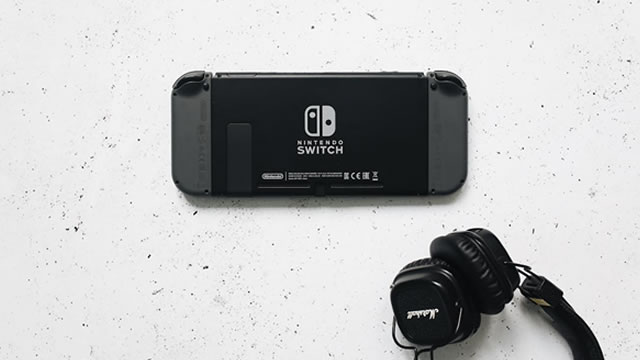Nintendo Delays Pre-Orders for Switch 2 Amidst Tariff Uncertainties
Nintendo, the renowned gaming company, recently announced that it is pushing back the start of pre-orders for its upcoming gaming device, Switch 2, in the United States. The reason behind this decision, according to the company, is to assess the potential implications of tariffs on the importation of the new device.
Background
Nintendo Switch 2, also known as the Nintendo Switch Pro, is an upgraded version of the Nintendo Switch, released back in 2017. The new device boasts enhanced graphics capabilities, a more powerful processor, and an improved OLED screen. The announcement of this new device sparked a wave of excitement among gaming enthusiasts, leading to a surge in pre-orders.
Impact on Consumers
The delay in the pre-order start date for the Switch 2 could be disappointing news for eager consumers, who were looking forward to securing their units as soon as possible. However, it is essential to remember that this decision is not a cancellation or a definitive postponement of the product launch. Instead, it is a precautionary measure taken by Nintendo to mitigate any potential financial impact of the tariffs.
Tariffs and Their Consequences
Tariffs are taxes imposed on imported goods. The United States has been engaging in a trade war with China, resulting in several rounds of tariff increases on both sides. These tariffs can significantly impact the pricing of imported goods, potentially making them more expensive for consumers.
Nintendo, like many other tech companies, sources components for its devices from China. The tariffs could lead to increased production costs for the company, which in turn could lead to higher prices for consumers. However, it is important to note that the final impact on consumers will depend on the extent of the tariffs and Nintendo’s pricing strategy.
Global Implications
The delay in the pre-order start date for the Switch 2 in the United States is not an isolated incident. Several other tech companies, including Apple and Microsoft, have also been impacted by tariffs, leading to price increases or production delays for their products.
The global economy is interconnected, and the ripple effects of tariffs can be far-reaching. The increased costs for tech companies could lead to lower profits, which could, in turn, impact their ability to invest in research and development or pay dividends to shareholders. Furthermore, the delay in the production and launch of new tech products could slow down technological innovation and progress.
- Price increases for consumers
- Delayed product launches
- Decreased investment in R&D
- Slowed technological progress
Conclusion
The delay in the pre-order start date for the Nintendo Switch 2 in the United States is a reminder of the uncertainties and challenges posed by tariffs. While the delay may be disappointing for consumers, it is a necessary step for Nintendo to ensure that it can minimize the financial impact of the tariffs on its business and its customers.
The global implications of tariffs are far-reaching, stretching beyond the tech industry and impacting various sectors of the economy. As the trade war between the United States and China continues, it is crucial for businesses and consumers to stay informed and adapt to the changing landscape.
In conclusion, the delay in the pre-order start date for the Nintendo Switch 2 is a symptom of a larger issue, one that goes beyond the gaming industry and impacts the global economy. It is a reminder of the complexities and uncertainties of international trade and the need for a collaborative and cooperative approach to address these challenges.
As we wait for further developments on the Switch 2 pre-orders and the tariff situation, it is essential to stay informed, be patient, and remain optimistic that a resolution will be found that benefits all parties involved.





